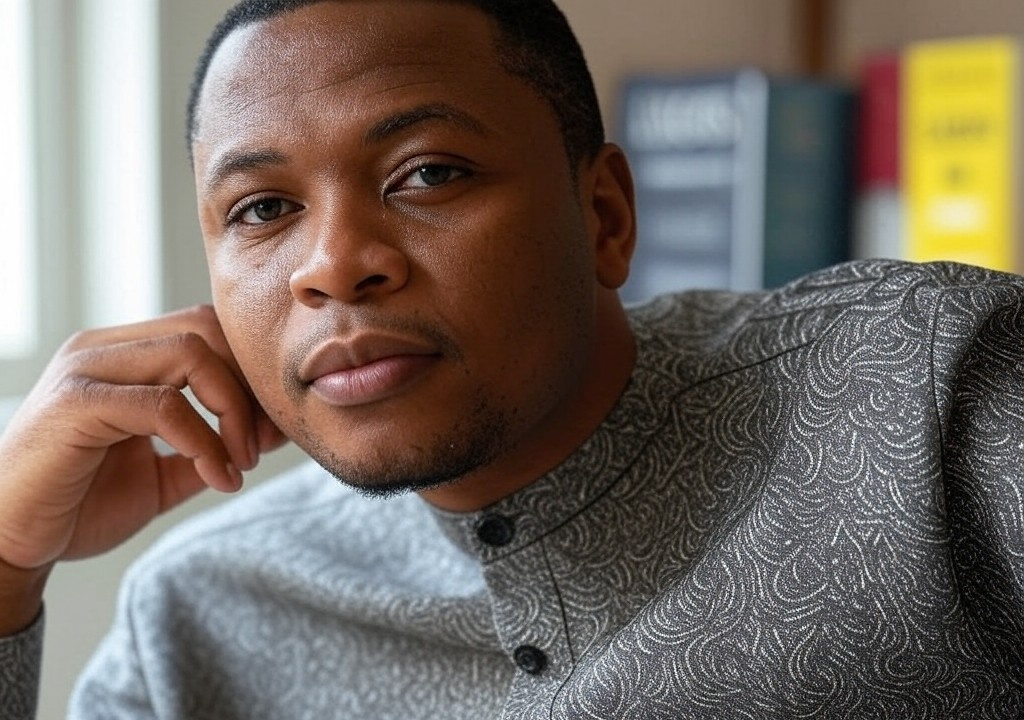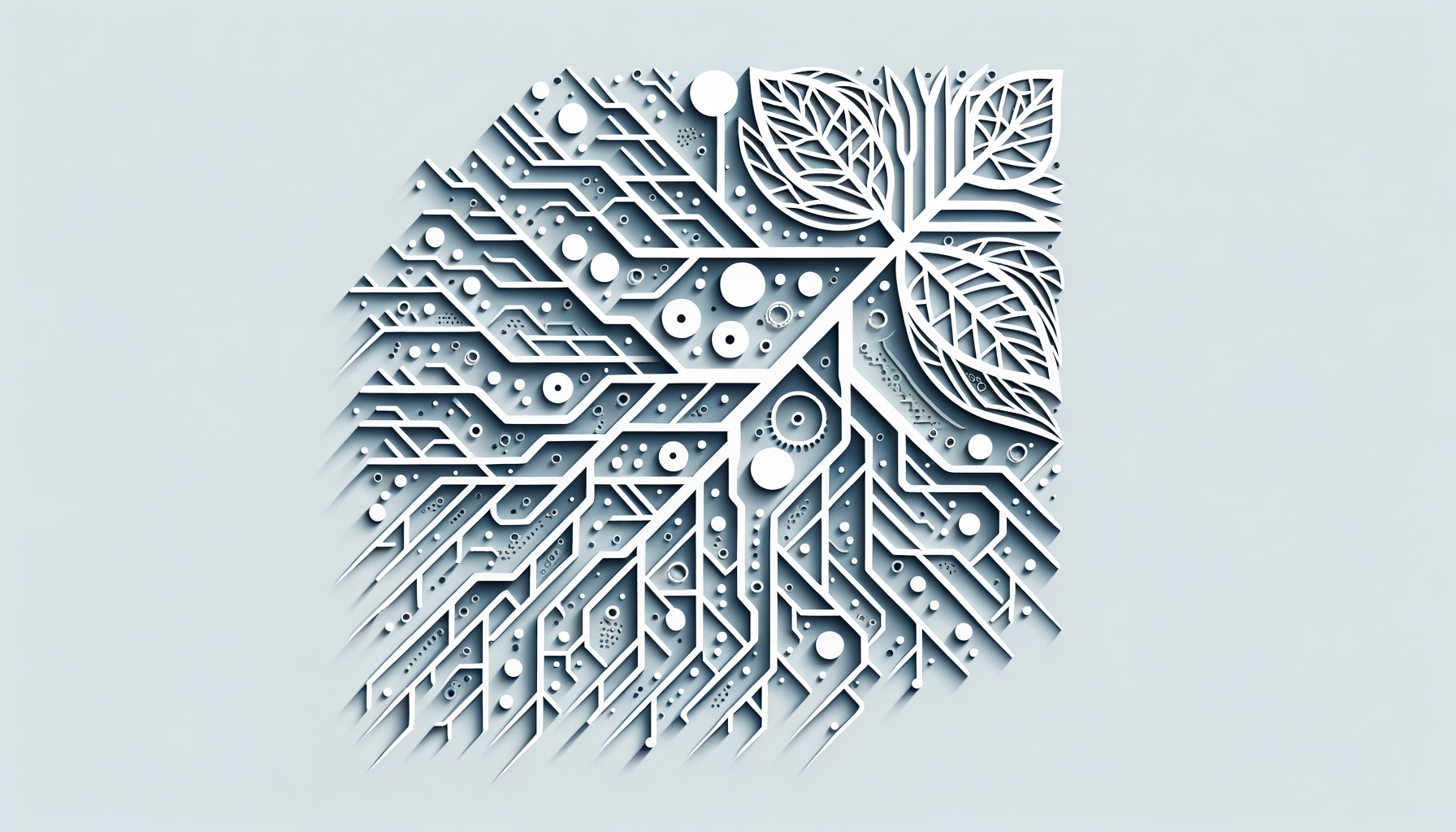I was fourteen when I first read Things Fall Apart by Chinua Achebe. It wasn’t for a school assignment or a summer reading challenge. Nah, I stumbled across it during one of my dad’s weekend trips to this Nigerian grocery store on Flatbush Avenue. While my siblings and I played hide-and-seek among aisles of yams and garri sacks, I picked up a battered copy from a dusty rotating shelf near the entrance. It had Okonkwo’s stern silhouette on the cover, and something about it called to me. Maybe it was the smell of old pages or maybe it was curiosity—either way, life, as I knew it, shifted the moment I cracked that book open.
But let me back up for a second.
What does a seminal Nigerian novel have to do with modern relationships, you ask? Stick with me. In its pages, I found an understanding of human connection, legacy, and identity that still echoes every time I think about love—whether it’s romantic, familial, or simply the love you cultivate with yourself.
Let’s dive into it.
The Wisdom in the Storyteller’s Voice
Achebe’s prose has this deliberate, measured quality that feels like sitting cross-legged at the feet of an elder. For a kid straddling two worlds—my Brooklyn present and my Nigerian roots—it was like someone turned on the lights in a dimly lit room. Growing up, I never really understood the “why” behind some of my parents’ sayings or traditions. Not properly, anyway. I just figured my dad’s “A child who doesn’t listen to proverbs is like a goat on the path of rain” meant I should do my homework. Reading Things Fall Apart, though, showed me where those proverbs came from.
Okonkwo’s world was rich in cultural norms and complexities, but it wasn’t perfect—kind of like love. We all dragged our cultural baggage into relationships, didn’t we? Whether it was assumptions, expectations, or coping mechanisms we didn’t even realize we’d picked up. Yet Achebe’s storytelling reminded me that there’s value in knowing the roots of your own chi before trying to entangle it with another’s.
Courage and Vulnerability in Love
If you’re familiar with the story, then you know Okonkwo wasn’t exactly Noah Calhoun from The Notebook. Actually, there’s a scene where he literally shames his wife over a banana tree. He was complicated, flawed, and, above all, terrified of vulnerability. (Spoiler alert: Things did not end well for this dude.)
Okonkwo showed me what not to do in love. Relationships demand bravery, not in a puff-your-chest-out kind of way, but in the way that says, “Here’s my truth. Here’s my mess. Can we figure this out together?” That fear of appearing weak? It’s a romance killer. Trust me, I’ve been that guy.
Flashback to my junior year of college. Among my terrible decisions: a consistent inability to articulate my feelings without circling the block repeatedly. Long story short, I fumbled a good thing because I hadn’t yet realized that love grows not from strength but from honesty. Achebe’s world reminded me—through Okonkwo’s tragic refusal to bend—that understanding ourselves, flaws and all, is what makes a relationship truly unbreakable.
Community, Connection, and the Ripple Effect
One underrated aspect of Achebe’s novel is its focus on community. Have you ever noticed how dating these days can be weirdly isolating? Look, as much as I love a good Love is Blind binge, I’m always struck by how we compartmentalize relationships into this love-or-bust binary. But living in Eastern Nigeria—Okonkwo’s village—showed me a truth I didn’t fully understand until I was older: relationships don’t just belong to the two people involved; they ripple outward into the lives of everyone we encounter.
Every relationship I’ve ever had left marks on more than just me. My siblings celebrated when I introduced an amazing partner to them. My best friend sighed alongside me during late-night post-breakup vent sessions. Community matters. I saw it in Achebe’s villages and weddings, the way the clan rallied around their rituals and celebrated bonds. Even now, as someone from a blended diaspora identity, I try to approach relationships—not just romantic ones—with the same consciousness. How am I showing up for the people around me? What do I leave behind in their spaces?
The Global Backdrop of Identity in Love
Achebe wrote for Nigerians, but he also wrote for the world. His ability to blend the particular and the universal was genius. By painting the minute details of Igbo familial and societal bonds, he meditated on something bigger: how histories, cultural clashes, and identities collide in ways that aren’t always comfortable but are always revealing.
When I spent a year studying in London, I fell for someone who made me question ideas I hadn’t even realized I was carrying about masculinity and race. Those big-picture backdrops? They seep into relationships more than we know. In my experience, some cultural dynamics burst through like fireworks, forcing you to address differences (Food arguments: Jollof rice vs. whatever my ex called “soup”). Others run quieter but no less potent. What Achebe taught me, though, was grace—seeing the bigger picture of someone’s background while also holding onto the ways your own story shapes your perspective.
We’re all juggling these micro and macro questions in dating and beyond. Recognizing how they influence us is step one. Integrating them without losing ourselves? That’s step two.
Lessons to Carry Forward
Things Fall Apart is a cautionary tale. Sure, Okonkwo wrestled with his traditions and fears more dramatically than most of us might, but the larger lessons endure. Achebe taught me that relationships—whether romantic, familial, platonic, or just the one you’ve got with your reflection in the mirror—thrive on:
- Vulnerability: Say the thing, even if your voice shakes.
- Community: Love ripples outward—recognize its impact.
- Identity: Know your history so it doesn’t control your future.
Most of all, Achebe reminded me that love without understanding—of self, others, or the cultures we belong to—is as unstable as a Nigerian power grid.
Wrapping It Up
I’ll never forget finishing Things Fall Apart for the first time. A lump caught in my throat, the kind that’s half empathy and half recognition: the ache of knowing we all carry things that can either build bridges or burn them, depending on how we wield them.
Achebe’s book didn’t just change how I saw myself—it transformed how I navigated relationships. Is it messy sometimes? Of course (you don’t want to hear about that time I forgot an anniversary because I was re-reading Purple Hibiscus). But the work is worth it. Every healthy connection starts with the smallest step: taking time to really understand.
Love, as Achebe might suggest, is the ultimate story. Make it a good one.




















